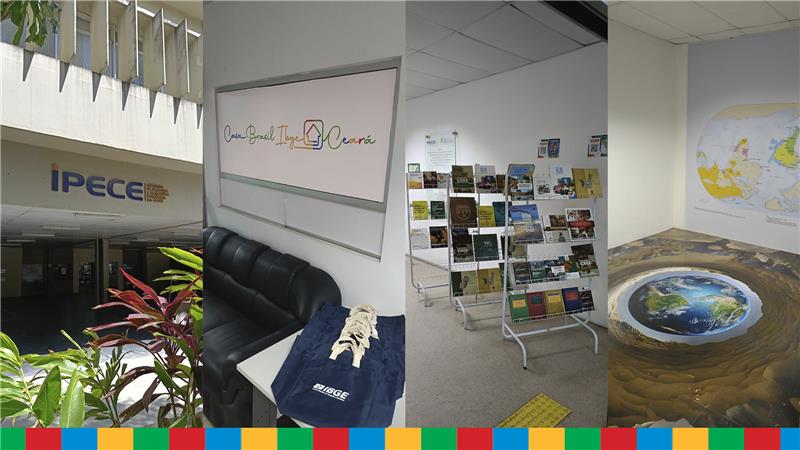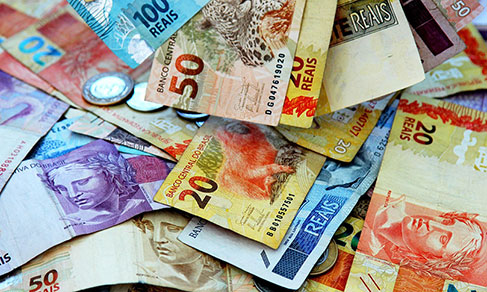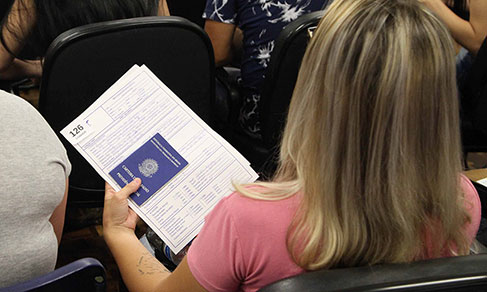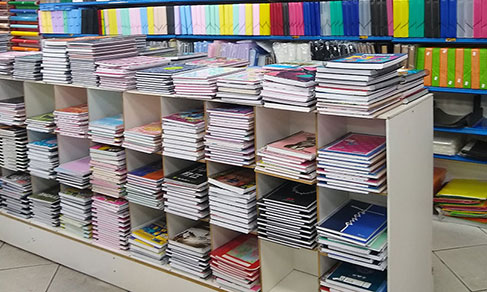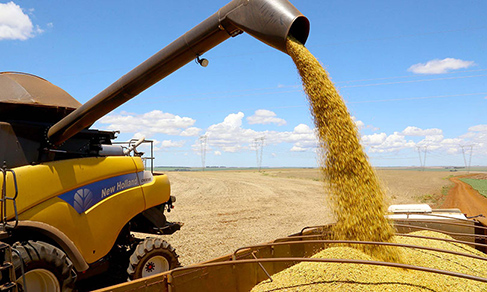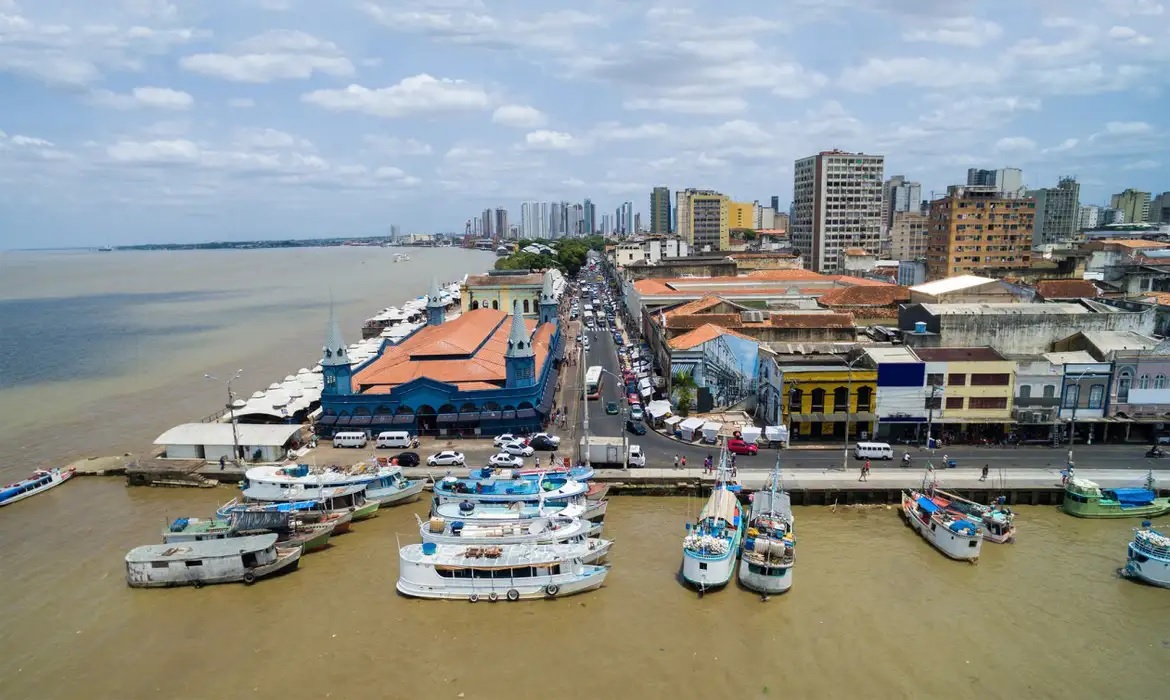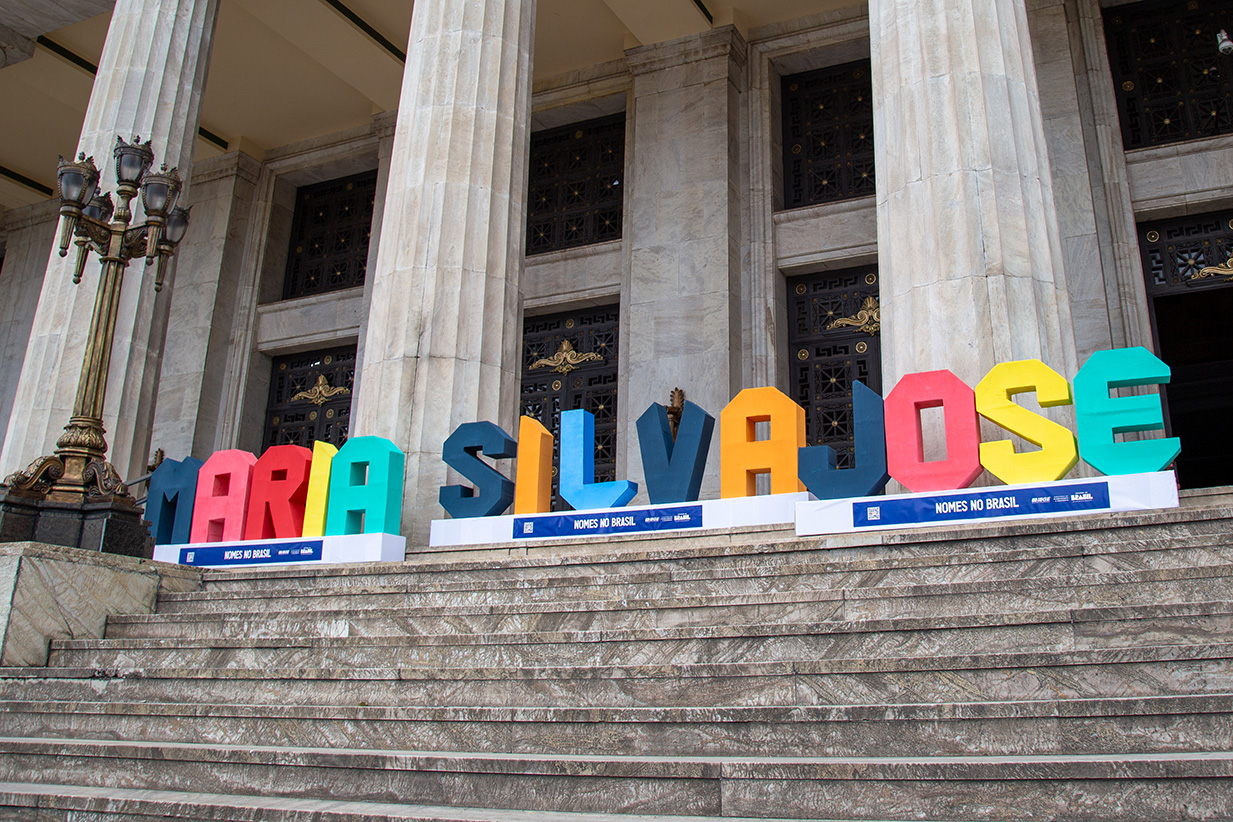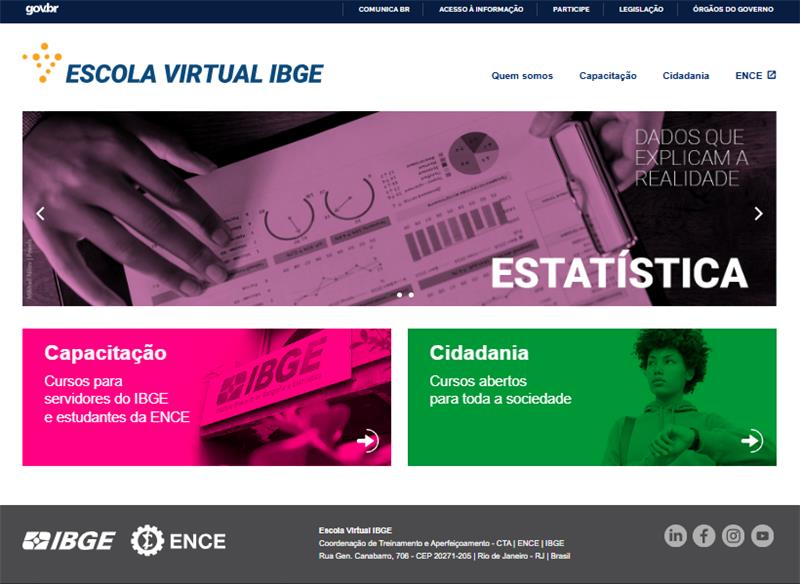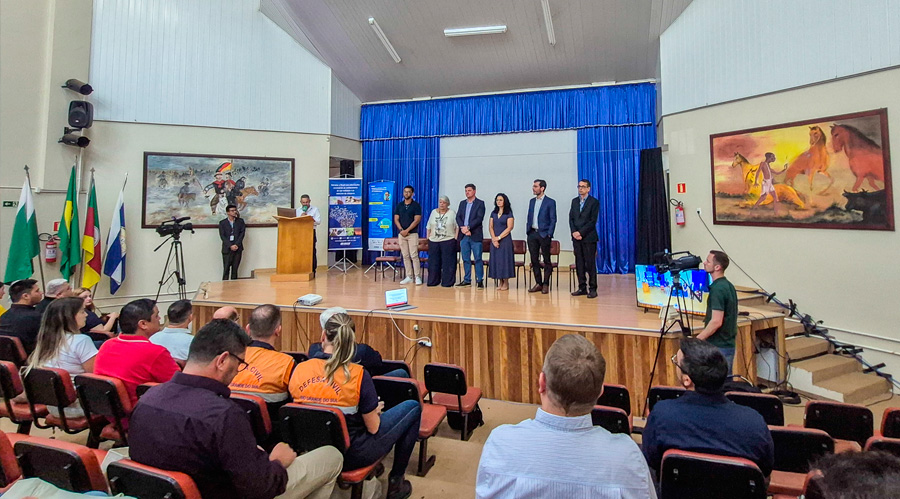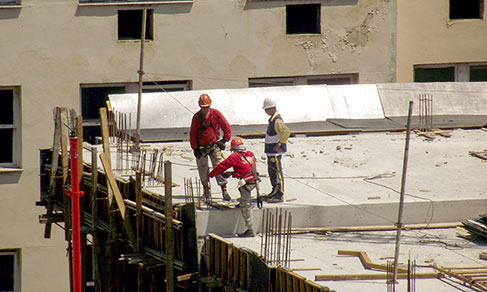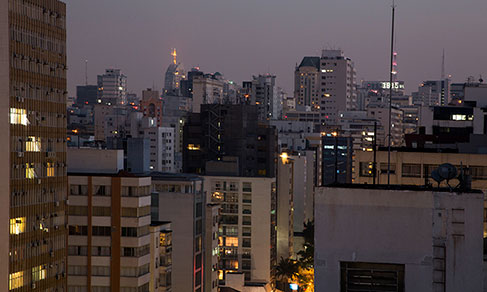Monthly Survey of Trade
Volume of trade sales up by 0.7% in July
September 15, 2023 09h00 AM | Last Updated: September 19, 2023 11h34 AM
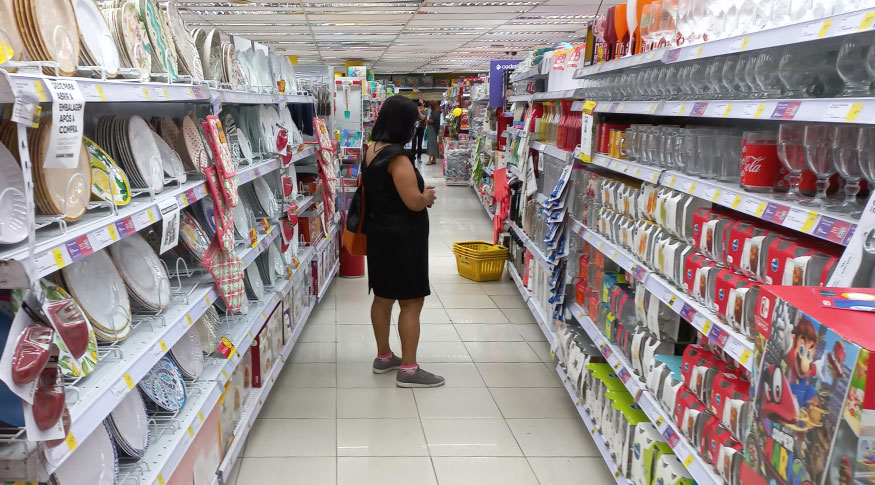
Retail trade in the country increased by 0.7% in July, after a change of 0.1% in June. As a result, the quarterly moving average changed by 0.1% in the quarter ended July, after a drop of 0.2% in the quarter ended June. The cumulative index in the year, against the same period a year ago, is 1.5%. The cumulative change of volume of trade sales increased by 1.6%. The data can be found in the Monthly Survey of Trade (PMC), released today (15) by the IBGE. PMC also shows that, from July 2022, the month of July 2023 (2.4%) increased for the second consecutive time.
Survey manager Cristiano Santos explains that the growth comes after three months of results close to zero. “It is similar to March, in terms of level, considering this scenario of stability, but it is not yet the case of relevant growth”, he highlights. With July's result, the country's retail trade is 2.2% below the record level for the series, set in October 2020.
Four activities increased during the month. Highlights include Office, computer and communication equipment and materials, with the biggest expansion, 11.7%. The activity is the one that presents the highest volatility in the year 2023, with wide-ranging results, both in the negative and positive fields. The dollar and changes in import policy help explain this month's rise. “There have been some changes in the issue of import taxation, which end up leveraging the activity”, explains the analyst.
The second biggest increase was in the Other personal and household articles sector, which expanded by 8.4% from June to July. The analyst explains that the sector has experienced negative behavior in recent months, influenced by the financial crisis of large companies. “The increase is largely due to a low basis of comparison, but also due to specific deals. Some large stores held a kind of early Black Friday. Although it was something very specific, focused, and did not affect the activity as a whole, it was enough to change the trend” adds Mr. Santos.
The Hypermarkets, supermarkets, food products, beverages and tobacco sector, which represents more than 45% of the survey, also showed an increase of 0.3%. Although close to zero, this expansion, added to the previous month's increase, brings the food sector to growth of 1.7% in the two months, after falling in May. According to Mr. Santos, this result is influenced by lower inflation pressure, which increases companies' revenue. “Once the pressure on food prices goes down, demand has room for growth,” he says. The other activity that closed July with a positive result was Pharmaceutical, medical, orthopedic, articles and toiletries (0.1%).
On the side of declines, the main activities were Fabric, apparel and footwear (-2.7%) and Books, newspapers, magazines and stationery (-2.6%). The first accumulated a sharp drop in recent months, linked to the financial crisis in large retail companies. The second, which is on a recovery path in 2023, retreats significantly due to the high basis of comparison. Furniture and household appliances (-0.9%) and Fuels and lubricants (-0.1%) close the negative changes in July.
Extended retail trade declines in July influenced by the drop in vehicles
In the extended retail trade, which includes vehicles, motorcycles, parts and pieces and construction material, sales volume decreased by 0.3% compared to June. Thus, the quarterly moving average was 0.2% while the accumulated figure for the year is 4.3%. In the last 12 months, expanded retail has an accumulated increase of 2.3%. In the interannual comparison, the sector grew 6.6% in July 2023 compared to July 2022.
The strong drop in the activities of Vehicles and motorcycles, parts and pieces (-6.2%) influenced the result of expanded retail trade, as Cristiano Santos explains. “The fiscal change policy that culminated in the reduction in the price of some cars ended up being more concentrated in June, when the sector registered growth of 8.8%, marking the highest growth in the month-to-month comparison since February 2021." The other activity which makes up the extended trade, Construction material, changed positively by 0.3%.
In the year-on-year comparison, sales increased by 2.4%
In the comparison between July 2023 and July 2022, retail trade grew by 2.4%, with five activities showing an increase: Office, computer and communication equipment and materials (6.9%), Pharmaceutical, medical, orthopedic, articles and toiletries (6.5%), Furniture and household appliances (3.4%), Hypermarkets, supermarkets, food products, beverages and tobacco (3.0%) and Fabrics, apparel and footwear (1.6%).
The three sectors that recorded a decline were Books, newspapers, magazines and stationery (-7.3%), Other personal and household articles (-4.9%) and Fuels and lubricants (-2.8%).
In extended retail trade, both Vehicles and motorcycles, parts and pieces (9.8%) and Wholesale of food, beverages and tobacco (19.6%) saw increases. Construction material changed negatively by 0.3% in this comparison.
Sales advance in 14 Federation Units from June to July
In the regional analysis, retail trade presented positive results in 14 of the 27 Federation Units (FsU), with highlights being: Espírito Santo (3.3%), Paraíba (2.4%) and Rio Grande do Sul (2.1 %). Among the 11 FUs that saw a decline, the highlights were Acre (-2.1%), Alagoas (-1.6%) and Rio Grande do Sul (-1.3%). Rio de Janeiro and Rio Grande do Norte remained stable (0.0%).
In extended retail trade, there were drops in 17 of the 27 FUs, with highligts to: Pará (-6.7%), Tocantins (-4.8%) and Rondônia (-4.5%). Among the increases, the result of Paraíba (4.9%), Espírito Santo (4.0%) and Rio Grande do Sul (3.9%) stands out.
More about the survey
The PMC produces indicators that allow monitoring the current behavior of retail trade in the country, investigating the gross revenue from sale in formally constituted companies, with 20 or more employed persons, and whose main activity is retail trade.
Started in 1995, the PMC brings monthly results of the change in volume and nominal revenue of sales for retail trade and extended retail trade (vehicles and construction materials) for Brazil and Federation Units. The results can be consulted on the IBGE database - Sidra. The next release of the Monthly Survey of Services will be on October 18th.


